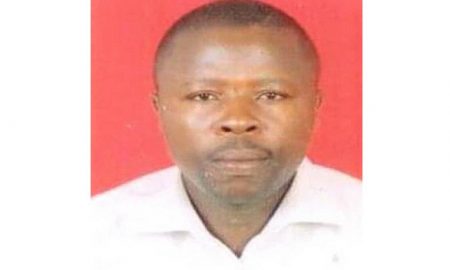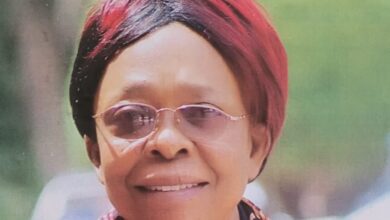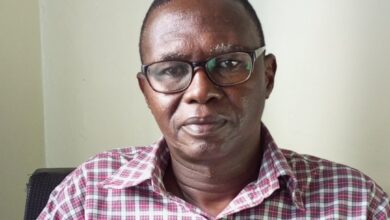Why it is wrong for cultural and traditional Leaders to exercise administrative, legislative and administrative functions
The most critical point here is do the above duties require an assembly to execute them ,the answer is in the negative.

Op-Ed: The Basic roles of a cultural institutions as summarized by the cultural Leaders Act 2011 and constitution of Uganda in Article 246 inculde the following.
Sec 8(a)(b) clothes the cultural Leader with the following community responsibilities promote and preserve cultural values, norms and practices which enhance the dignity and well being of the People where he or she is recognized as such.
Further more the cultural leader is clothed with additional powers to advocate for the Development, preservation and enrichment of all the people in the community,where he or she is recognized
Other roles that may be envisaged which we can call common sense roles and may vary from community to community inculde tipping communities on Family planning and not limited to general guidance of his people on resolution of cultural related conflicts where necessary.acultural Leader in Karamoja can dissuade his community from wrong acts such as cattle wrestling and Umukuka of Bamasaba can guide on imbalu calenders .
The most critical point here is do the above duties require an assembly to execute them ,the answer is in the negative.
Can cultural institutions or traditional leaders like the king of Buganda or Bunyoro be allowed to Make laws through the General assembly to regulate how they should run their own affairs ?
The constitution of Uganda through Article 246(f) discourages enactment of law among cultural and traditional institutions buttressed by section 11 of the Act warns Umukuka of Bamasaba,the king of Buganda or Bunyoro from making laws,it flatly discourages them from exercising administrative,legislative or executive powers , exercise of such powers is apreserve of Central and Local Governments ,the constitution of Uganda warns and anything that ultrvires the constitution or any Act of Parliament is null and void .
The constitution of Uganda in Article 79(1)(2) strongly emphasizes that it is only Parliament with authority to make laws for the country.exceptions and latitudes are given to Local Governments which can make subordinate legislations on authority of section 38 of the Local Government Act .
Equally section 19 of the cultural Leaders Act 2011 clothes the Minister of Gender Government of Uganda with necessary legal force to come up with policies to regulate the institution of cultural leaders forexample section 19(1) of the CLA 2011 says the minister may by statutory instrument and with approval of Parliament make regulations for better carrying into the provisions of this Act one of the policies in place is the National cultural policy 2019.
A Conservative analysis of the above legal text indicates that cultural institutions are supposed to rely on the Ministry of Gender to come up with policies on how Cultural and traditional leaders should manage their enclaves .
Among the Bamasaba cultural institution there are a few fights on having a general assembly in place, and what exactly does such an assembly meant to do in the face of Article 246(f) and how deos the said come about, guidance should be sought from the solicitor General and AG..
The inzuyamasaba as acultural institution was created around 2009 or there about by eminent professors and academicians Howver with the Emergency of the cultural Leaders Act 2011 the said constitution technically gave way ,all provisions in place had to wither off.
Lawyers like former chief justice of Uganda George Masika knows this very well and that is why he is in tandem with the CLA 2011.
In Uganda it is an offence for any one to make laws other than Parliament,or those making laws should do so with authority.
In making inzuyamasaba constitution which authority was the basis for such aconstitution.non am tempted to conculde.
Many eminent scholars concerned with the subject and other interlocutors instead encourage cultural institutions to have a council of elders to guide the cultural or traditional leader but not alaw making organ like an assembly of elected members .again the formula of how to get such respectable elders forum should be within the frame work of section 19(1) of CLA 11.
Lastly are cultural institutions meant to make their own laws in the face of the various legislations quoted above . cultural institutions should petition the Ministry of Gender to make for them many regulations and policies as many as possible for smooth management of their communities instead of masquerading as law markers when they are not clothed with the necessary authority to do so.
The author is Steven Masiga, the spokesperson Bamasaaba cultural institution and a masters student of Law.
Disclaimer: As UG Reports Media LTD, we welcome any opinion from anyone if it’s constructive for the development of Uganda. All the expressions and opinions in this write-up are not those of UG Reports Media Ltd. but of the author of the article.
Would you like to share your opinion with us? Please send it to this email: theugreports@gmail.com.






